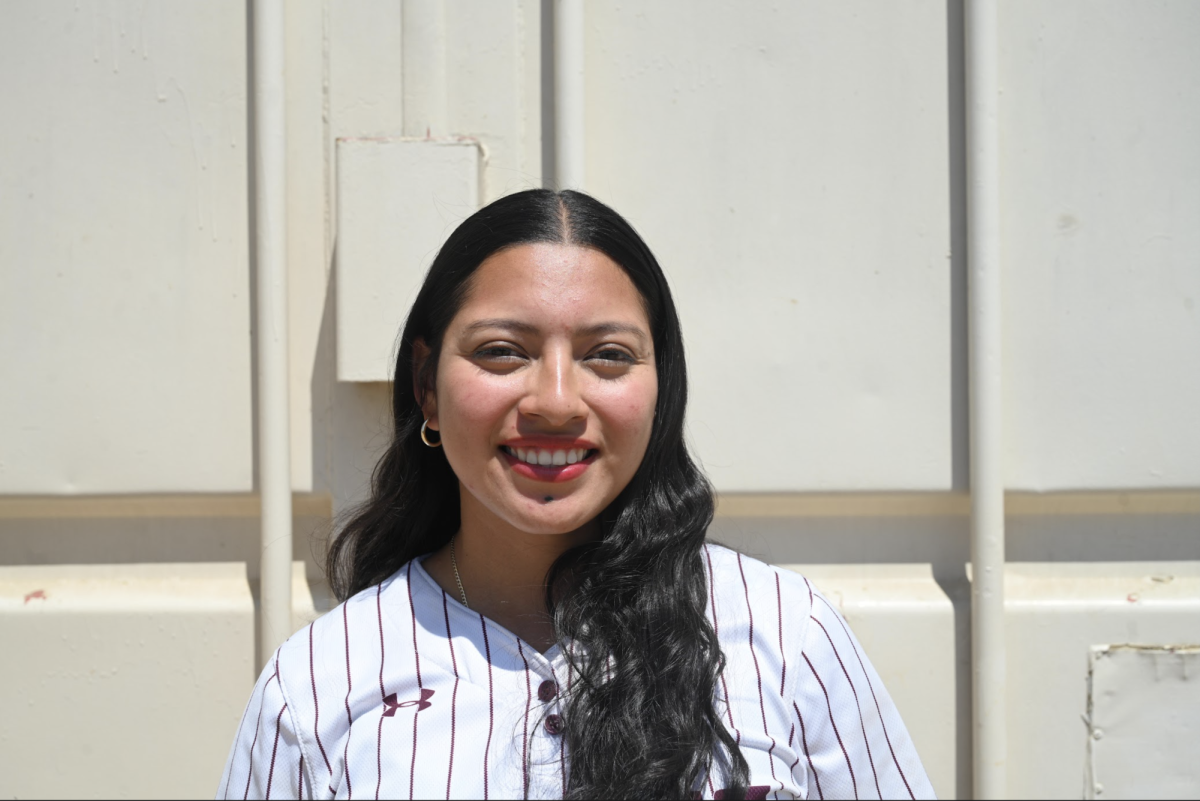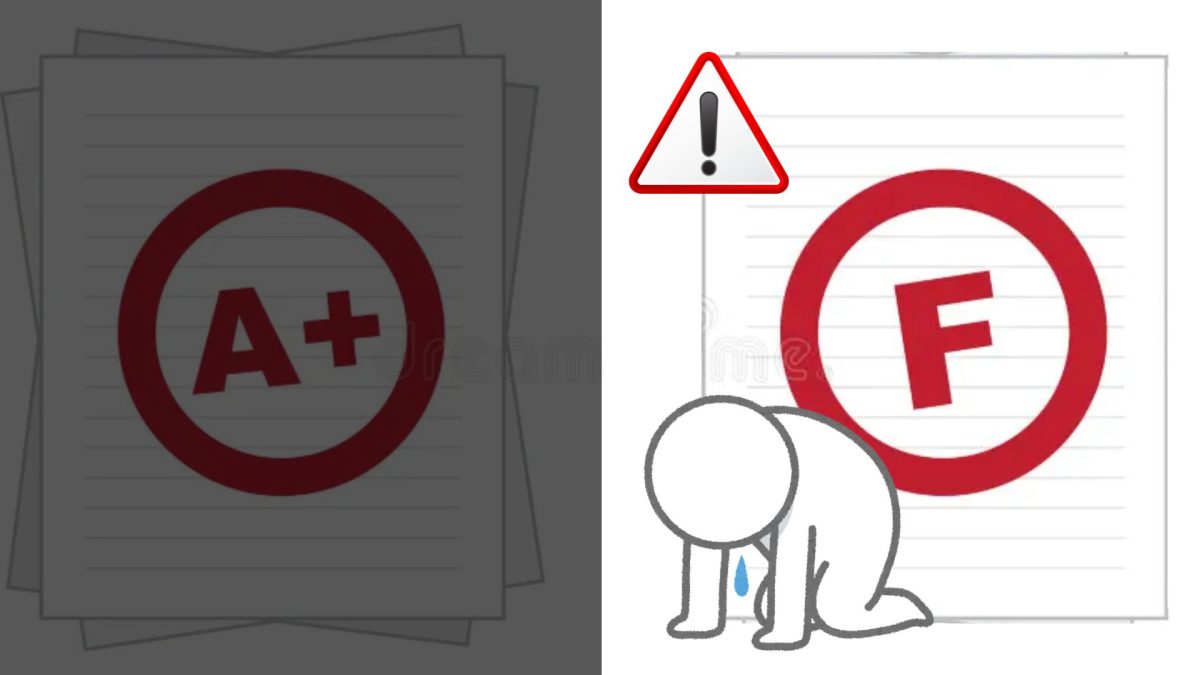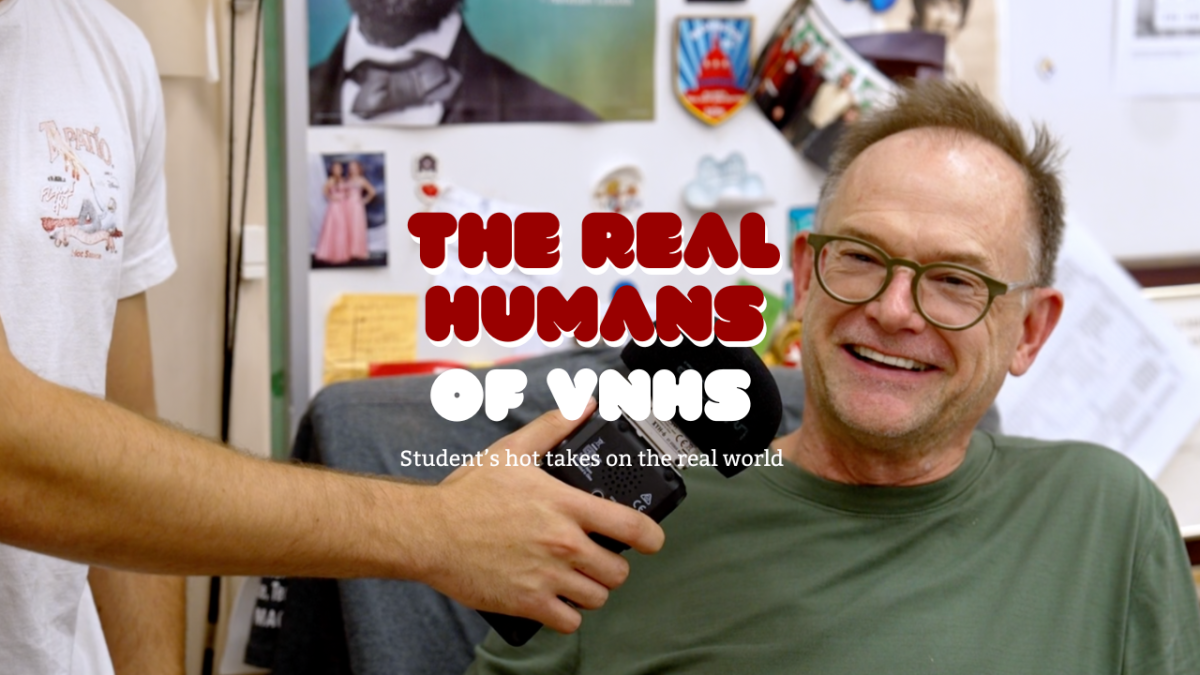Why Are We Only Respected When Using Our “White People” Voice?
“Linguistic profiling—the practice of using one’s accent and dialect to identify a person’s characteristics—is blatantly discriminatory.”
“Speaking white” or “sounding white” is used to describe the way someone speaks when using complex words or when being articulate with their speech.
Feb 28, 2020
The first thing people notice about you when you speak is your accent, pronunciation or vocabulary. Dialect is an important part of a first impression.
Having a Southern accent is possible. Having a British accent is possible.
However, speaking “white” is impossible. Using this term to describe the way someone speaks is insulting.
“Speaking white” or “sounding white” is used to describe the way someone speaks when using complex words or when being articulate with their speech. These terms only normalize the notion that the capability of speaking proper English is limited to white people, which is not and will never be the case.
Linguistic profiling—the practice of using one’s accent and dialect to identify a person’s characteristics—is blatantly discriminatory.
From a young age, I learned to change the way I spoke depending on the person I spoke to. I was taught to never converse with an adult the way I would with a close friend in order to show my respect for them. Later, it became apparent that showing respect hardly played a role in the need to speak “like a white person.”
It wasn’t about showing respect. It was about receiving it. It was about seeming approachable, respectful and even educated. The sad truth is that society upholds the belief that intelligence is measured by the way you speak. You’re labeled uneducated or inferior if you don’t follow the rules of standard English. It’s more common than you think. The reason someone might find this hard to believe is because society has done an outstanding job normalizing such beliefs.
Tenth grade was the peak of altering my speech and using my “white person” voice. I had a teacher who spoke elegant English and who drilled us heavily about grammar and its importance. My fear of being perceived as uneducated or unworthy of respect was heightened every time we were required to speak in class. I refused to use my usual vocabulary and never allowed my normal tone of voice to slip out.
Teachers never tell you what they truly think of you, but linguistic profiling can be subtle. Speaking with slang paints a certain picture of you, even if that’s how you learned to speak.
AP English teacher Ms. Nancy Navarrete believes that speech altering is directly linked to the preservation of culture.
“I do think that some minority groups want to avoid ‘speaking white’ in fear of selling out their own cultures,” she said. “However, when under pressure, some people will try to sound white so that they don’t feel out of place.”
“The assumption is that any other language that does not ‘sound white’ is not good enough and therefore not legitimate,” she said. She also thinks that when subgroups try not to sound white, they are really rebelling against the conformity of the English language.
Ms. Navarrete feels that we need to do a better job in school to value subgroups and their variations of English and to include ‘sounding white’ as just another variation and not the norm. “Scholarly English is just that—standard—and it should not be associated with being white,” she finished.
As a young black male, Anthony Turner is familiar with the switch to white mannerisms especially when voicing his opinions.
“I’m perceived as the stereotypical angry black person. I have to use white mannerisms to get my point across and I shouldn’t have to. My opinions and emotions are valid regardless of how I speak or act. I shouldn’t have to water them down with white mannerisms to be heard and respected,” he said.
Turner describes it as “rude and intimidating” when he’s told he speaks white. “I’m around other people of color and they tell me I speak white, I think ‘Should I change how I talk?’ Growing up around a majority of white people helped communicating with them go smoother but that doesn’t make up for having to change myself to be understood.”
It’s our responsibility to make use of our language to bring us together instead of as a barrier. Refraining from using the term “white” to describe someone’s mannerisms is the first step.









